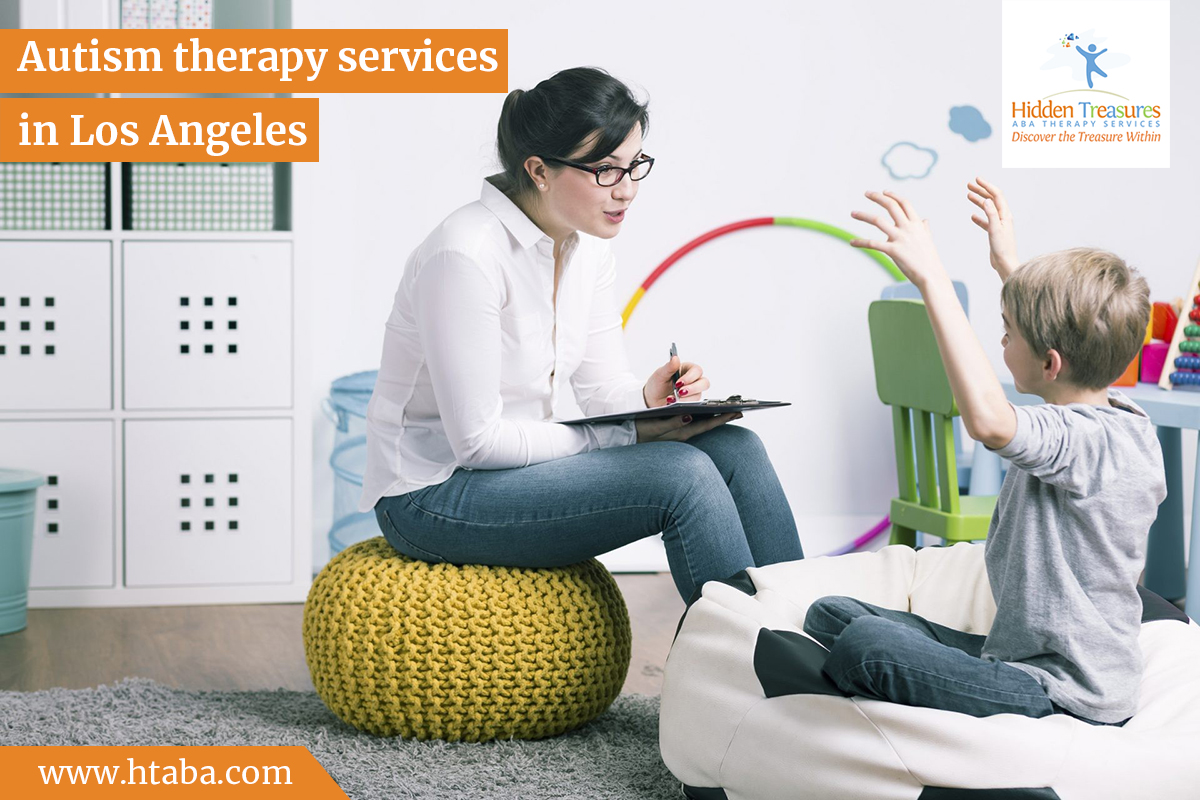Five Myths about Autism You Probably Heard For Too Long
There are numerous misconceptions and fallacies concerning autism and autistic persons. These autism misconceptions can be offensive, damaging, stigmatising, or simply false, therefore it's critical that we spread the word about what autism is and isn't so that autistic individuals get the support, help, and understanding they need and deserve. In ABA parent training, there’s proper case studies real time issues shared so that they can help their kids and others who need it.
Autism Spectrum Disorder (ASD) affects about one in every 100 persons. It is most generally referred to as "autism" or "ASD." Autism is most commonly diagnosed in youngsters, however it is also possible for people to be diagnosed with autism later in life.
One of the most popular misconceptions that is discussed in autism therapy service in Los Angeles is that it is a sickness. Some people believe that, like an illness, autism may be treated with medicine and treatment, and that autistic persons are thus "unwell."
Autism is not a medical condition. Autistic persons are not sick in any way. Medicine will not be able to treat autism. The word "cured" isn't even spoken in the conversation!
Autism is a neurodevelopmental illness that causes communication difficulties as well as difficulties with social skills and interaction. With the help of autism therapy service in Los Angeles and professional intervention, autistic persons can nevertheless live entirely autonomous, meaningful, healthy, and productive lives.
The origin of this myth can be traced back to a dubious research report published in a publication in the late 1990s that suggested a shaky relationship between immunizations and autism. The study was not only not up to scientific standards, but it was later rejected as deceptive, non-replicable, and uninformative of such a result. Later, the physician who conducted the study had his medical licence revoked. Despite the fact that there is no evidence of a link between vaccines and autism, the myth has spread over the last few decades.
This myth is understandable in the sense that the number of persons diagnosed with autism has increased over the last two or three decades, even if it is deceptive and false. This myth ignores the fact that increasing understanding of autism spectrum disorder has resulted in a rise in the number of people diagnosed with the illness. As our understanding of what autism entails has grown over time, so has our capacity to diagnose autism. This implies that more people who were previously undiagnosed as autism are now being diagnosed and receiving the help and understanding they require.
It is not a myth that savant syndrome exists. The belief that all autistic people have savant abilities is a myth. In fact, it is always focused on ABA parent training that only about 1 in 10 (or 10%) of people with autism demonstrate any advanced degree of a skill. Even among those who actually possess a'savant skill,' the abilities vary greatly in terms of type and degree. Autistic people often have an extremely narrow and intense interest in a single topic, to the exclusion of all else. This indicates that they may have a higher level of expertise on the issue than the ordinary person.
This is absolutely not the case. Autism patients are fully capable of feeling all emotions. Because autism can affect one's capacity to speak and socialise, it's sometimes mistaken as a lack of interest or inability to form bonds and relationships. Autistic people may have difficulty reading other people's emotions, body language, and expressions, as well as comprehending social nuances. This difference in comprehending and interacting may have an impact on their capacity to connect and socialise, but it does not imply that they are hesitant or uninterested. Autistic people can benefit from therapy and professional intervention.
To find out more about the autism spectrum and its therapy at https://htaba.com
Myth 1 – Autism is a disease
One of the most popular misconceptions that is discussed in autism therapy service in Los Angeles is that it is a sickness. Some people believe that, like an illness, autism may be treated with medicine and treatment, and that autistic persons are thus "unwell."
Autism is not a medical condition. Autistic persons are not sick in any way. Medicine will not be able to treat autism. The word "cured" isn't even spoken in the conversation!
Autism is a neurodevelopmental illness that causes communication difficulties as well as difficulties with social skills and interaction. With the help of autism therapy service in Los Angeles and professional intervention, autistic persons can nevertheless live entirely autonomous, meaningful, healthy, and productive lives.
Myth 2 – Vaccines cause autism
The origin of this myth can be traced back to a dubious research report published in a publication in the late 1990s that suggested a shaky relationship between immunizations and autism. The study was not only not up to scientific standards, but it was later rejected as deceptive, non-replicable, and uninformative of such a result. Later, the physician who conducted the study had his medical licence revoked. Despite the fact that there is no evidence of a link between vaccines and autism, the myth has spread over the last few decades.
Myth 3 – Autism is becoming an epidemic
This myth is understandable in the sense that the number of persons diagnosed with autism has increased over the last two or three decades, even if it is deceptive and false. This myth ignores the fact that increasing understanding of autism spectrum disorder has resulted in a rise in the number of people diagnosed with the illness. As our understanding of what autism entails has grown over time, so has our capacity to diagnose autism. This implies that more people who were previously undiagnosed as autism are now being diagnosed and receiving the help and understanding they require.
Myth 4 – All autistic people have a savant skill
It is not a myth that savant syndrome exists. The belief that all autistic people have savant abilities is a myth. In fact, it is always focused on ABA parent training that only about 1 in 10 (or 10%) of people with autism demonstrate any advanced degree of a skill. Even among those who actually possess a'savant skill,' the abilities vary greatly in terms of type and degree. Autistic people often have an extremely narrow and intense interest in a single topic, to the exclusion of all else. This indicates that they may have a higher level of expertise on the issue than the ordinary person.
Myth 5 – People with autism don’t feel emotion
This is absolutely not the case. Autism patients are fully capable of feeling all emotions. Because autism can affect one's capacity to speak and socialise, it's sometimes mistaken as a lack of interest or inability to form bonds and relationships. Autistic people may have difficulty reading other people's emotions, body language, and expressions, as well as comprehending social nuances. This difference in comprehending and interacting may have an impact on their capacity to connect and socialise, but it does not imply that they are hesitant or uninterested. Autistic people can benefit from therapy and professional intervention.
To find out more about the autism spectrum and its therapy at https://htaba.com





Comments
Post a Comment